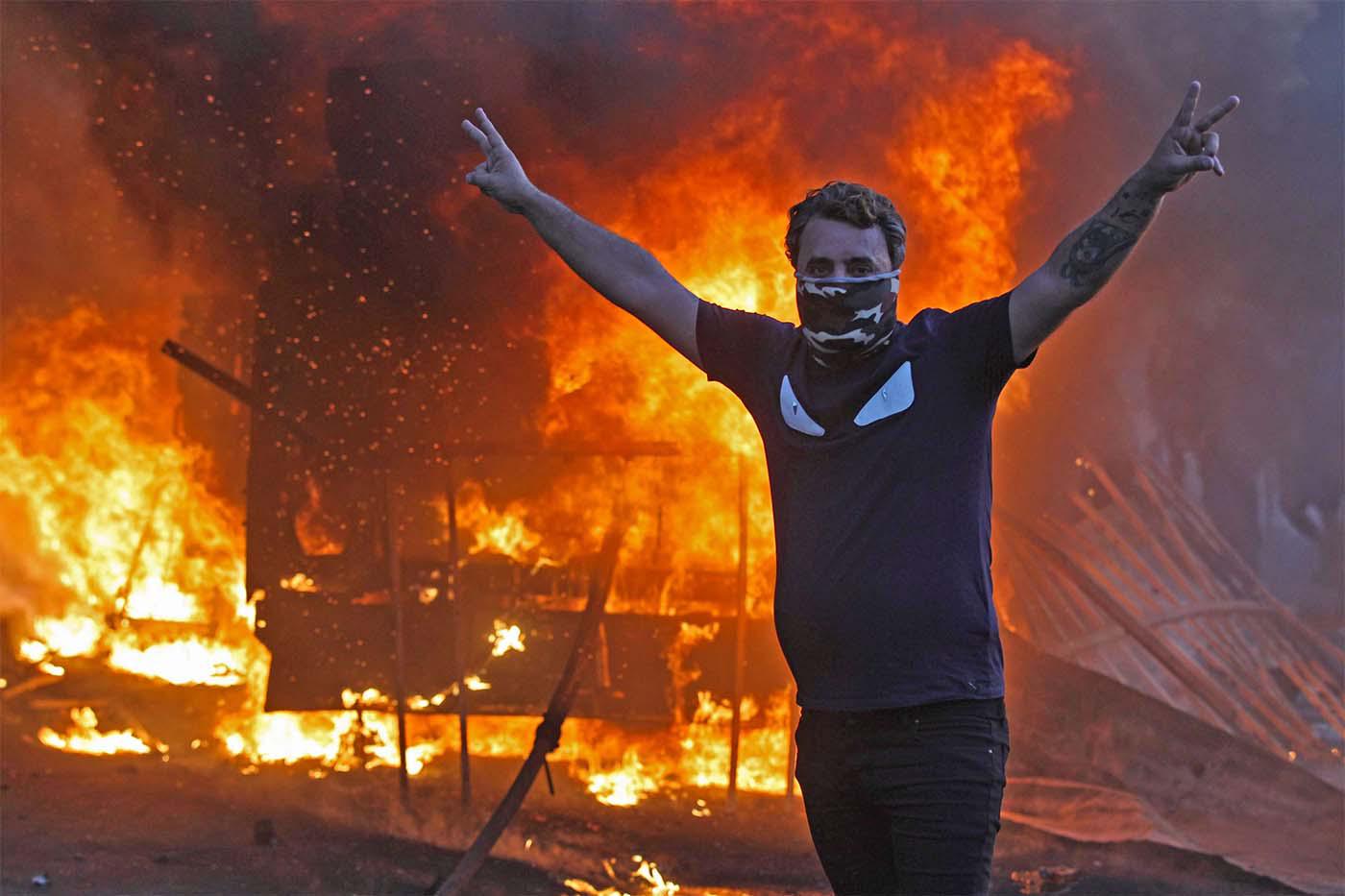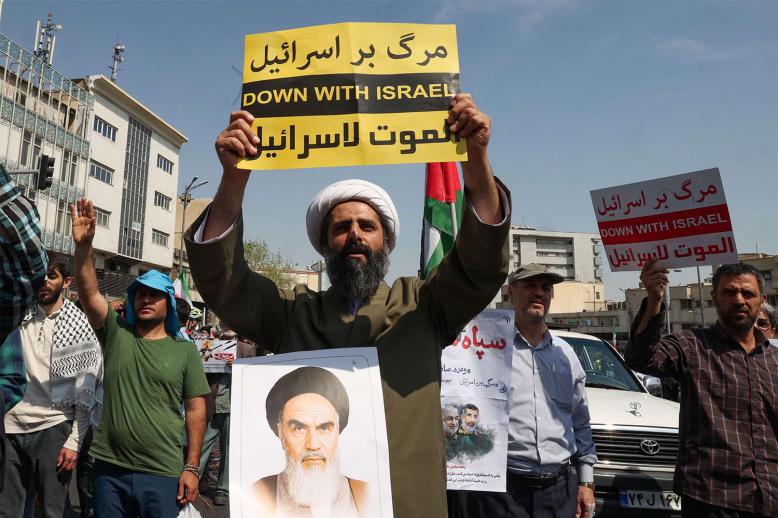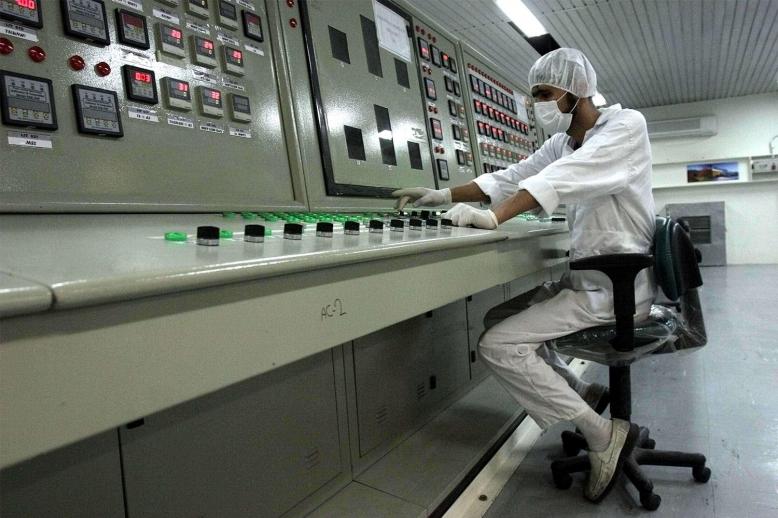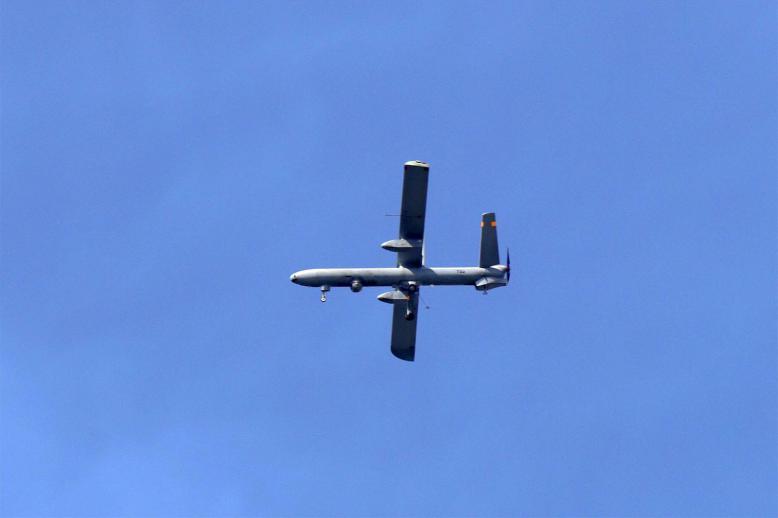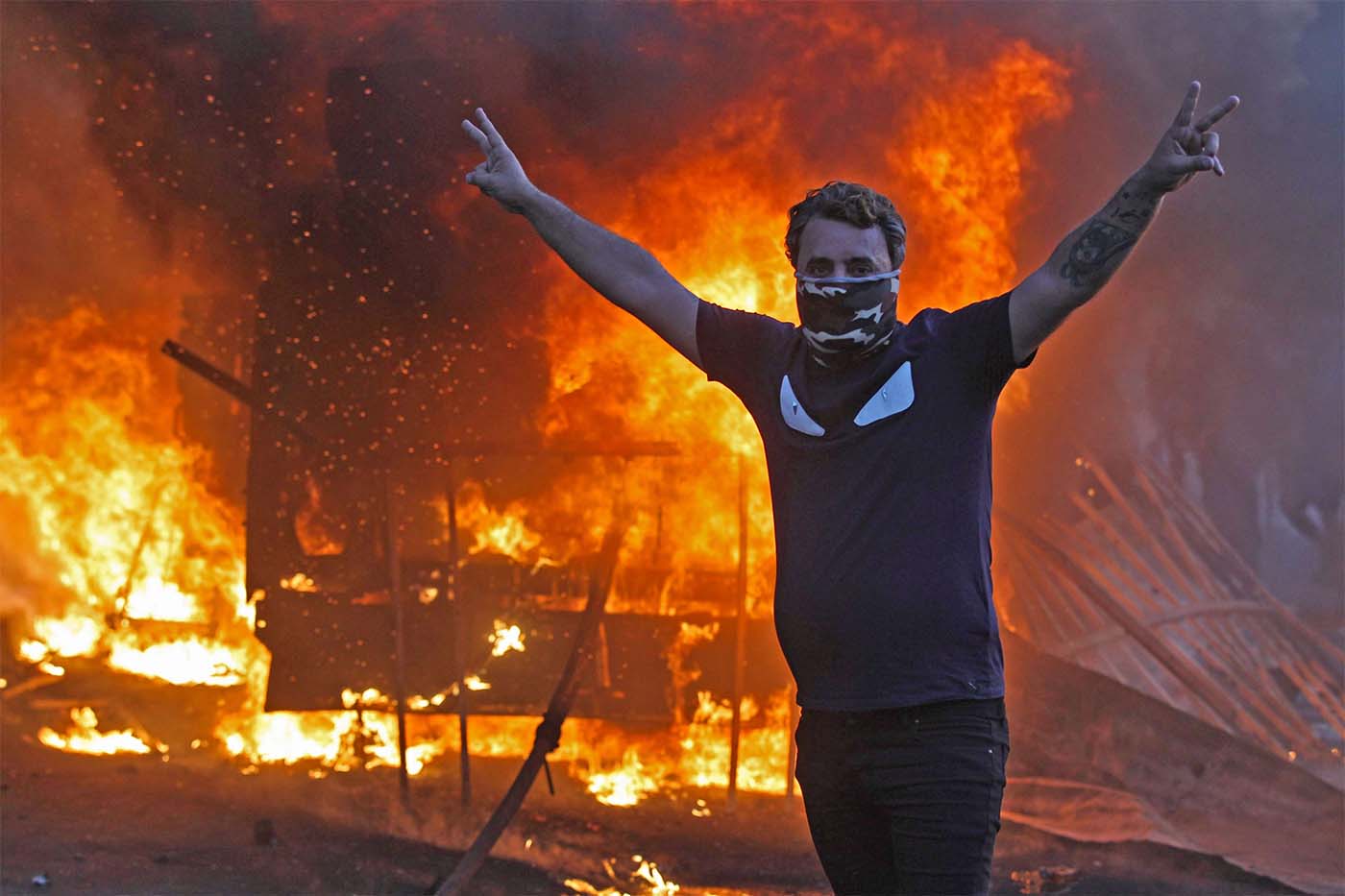Top Shia cleric slams Iraqi govt, endorses protests
KARBALA - Iraq's revered Shia spiritual leader Grand Ayatollah Ali Sistani on Friday endorsed the protests engulfing the country, and called on the government to heed them "before it's too late."
Speaking through a representative, Sistani said the government "must do what it can to improve public services, find work for the unemployed, end clientelism, deal with the corruption issue and send those implicated in it to prison".
"The government must change its approach in dealing with the country's problems," the cleric said, adding that lawmakers also bore a heavy responsibility.
Sistani wields huge influence within Iraq's Shia-majority community, among whom the deadly protests of the past four days have been concentrated. Celebratory gunfire sounded around Baghdad as Sistani's endorsement was relayed to protesters.
Demonstrators have clashed repeatedly with riot police and troops in the capital and cities across the Shia-dominated youth, but the mainly Kurdish north and Sunni Arab west - areas that were ravaged in the 2014-2017 war against the Islamist State group - have remained calm.
Sistani warned the government that the protests would only intensify if they failed to deal with people's grievances.
"The government must change its approach in dealing with the country's problems," he said. It must take "clear and practical steps" or the protesters will "simply come back even stronger".
Sistani also voiced dismay at the mounting death toll from the protests.
"There are attacks on peaceful protesters and security forces which we reject and condemn," he said. At least 42 people have been killed, including four police, since Tuesday, medical and security sources said.
After Sistani's sermon, parliament announced that it would dedicate Saturday's session "to examining the demands of the protesters".
These protests are unusual because of their apparent spontaneity and independence in a country where rallies are typically called by politicians or religious figures.
Nevertheless, Sistani's message is a huge blow to Abdel Mahdi's government. The top cleric has repeatedly acted as final arbiter of the politics of Iraq's Shia community, which dominates the country's government.
In his first public address since Tuesday, Adel Mahdi had asked for more time to implement his reform agenda in a country plagued by corruption and unemployment after decades of conflict.
Despite Sistani's appeal, a curfew and an internet blackout, Iraqis thronged the iconic Tahrir Square on Friday, clashing with police who reacted with a barrage of gunfire. Reporters said they saw several people hit by bullets, some in the head and the stomach.
"We will continue the movement. We heard [Iraqi Prime Minister] Adel Abdel Mahdi, his speech was disappointing and we reject it totally," said protester Adel Abdel Hadi, who had come to Baghdad from the southern city of Basra.
Samer, another protester, said he was "not impressed" even by Sistani's comments.
"I had hoped for more. The religious establishment should be a source of support, with one word they could have brought the government down. I see the speeches of Mahdi and Sistani as the same," he said.
As protests and clashes gained in intensity, many Baghdad shops and petrol stations remained shuttered Friday.
In a residential area near the protest site, crowds gathered to buy vegetables and fruit, with one shopkeeper saying the price of tomatoes, grapes and other greens had risen threefold.

